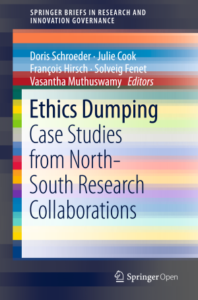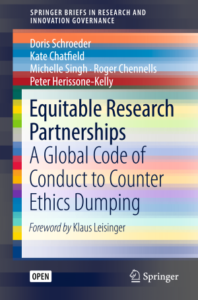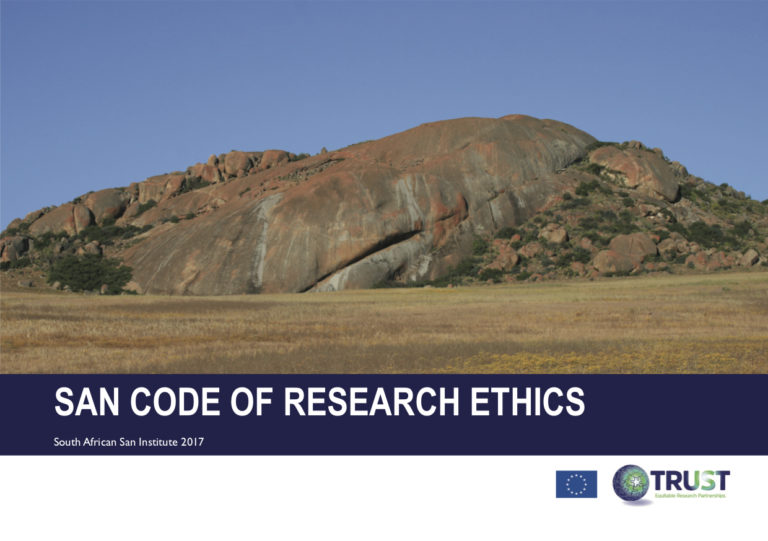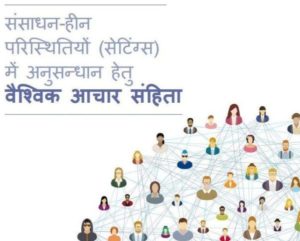The TRUST Code
A Global Code of Conduct for Equitable Research Partnerships
Previously known as:
Global Code of Conduct for Research in Resource-Poor Settings
Cite as: TRUST (2018) The TRUST Code – A Global Code of Conduct for Equitable Research Partnerships, DOI: https://doi.org/10.48508/GCC/2018.05
Main Adopters
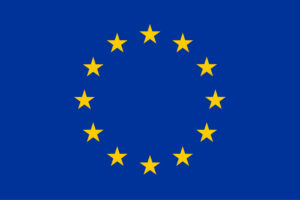
In August 2018, the European Commission adopted the TRUST Code as a mandatory reference document for Horizon 2020.
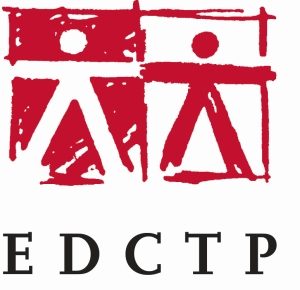
The European & Developing Countries Clinical Trials Partnership adopted the TRUST Code for all projects in August 2018.
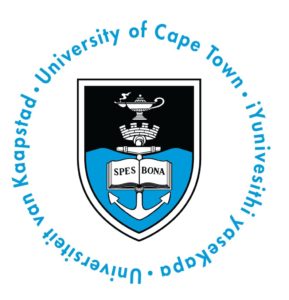
The University of Capetown adopted the TRUST Code in April 2019, being the first university world-wide to do so.
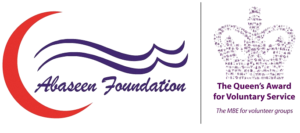
The Abaseen Foundation adopted the TRUST Code in April 2019, being the first foundation world-wide to do so.

The University of Central Lancashire adopted the TRUST Code in July 2019, being the first European university to do so.
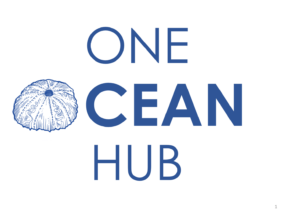
The UKRI GCRF One Ocean Hub was in July 2019 the first global project to build their ethics framework around the TRUST Code.
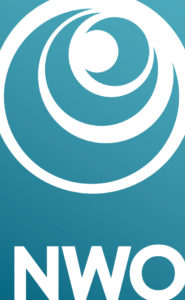
The NWO adopted the TRUST Code for several calls, first in January 2020.
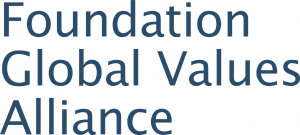
The Foundation Global Values Alliance adopted the TRUST Code in January 2020.

Wits University adopted the TRUST Code in April 2020 to make research more equitable

Partners for Health and Development in Africa, headquartered in Nairobi, adopted the TRUST Code in November 2021.

UCLan Cyprus adopted the TRUST Code in November 2021.

The National Science Centre in Poland adopted the TRUST Code in December 2021.

Dikoda adopted the TRUST Global in March 2022

Nature Portfolio adopted the TRUST Code as a framework to guide global research collaborations in June 2022

The Belgian Institute of Tropical Medicine adopted the TRUST Code in May 2022

Ghent University adopted the TRUST Code on 7th October 2022

The publisher SAGE adopted the TRUST Code on 5th July 2023

The Association of Commonwealth Universities adopted the TRUST Code on 5th July 2023

The American Geophysical Union adopted the TRUST Code in May 2024

The Pasteur Network adopted the TRUST Code in November 2024

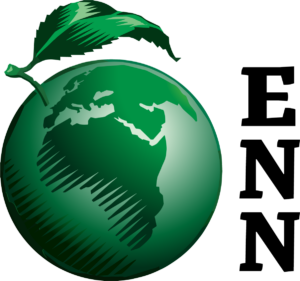
ENN adopted the TRUST Code in June 2025
What is Ethics Dumping?
Representative of 1st adopter on TRUST Code.
The San Code of Research Ethics
The first sister code was launched by the San in South Africa. Download the code or watch a video about fairness, respect, care and honesty made by young San.
Testimonials
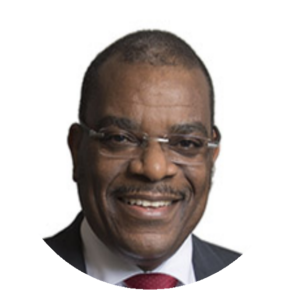
“The Global Code helps us to support our promotion of no double standards: what is unethical in Europe, is unethical in Africa. Therefore, the Code became indispensable for us in very short time.”
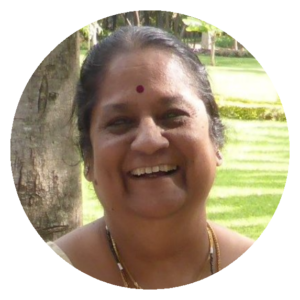
“The new four-values system around fairness, respect, care and honesty is highly appreciated in Asia. People find it intuitive – in fact, most audiences love it.”

“We want to be treated by researchers with fairness, respect, care and honesty. Is that too much to ask?”
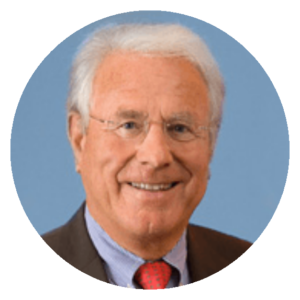
“Research excellence is no longer only defined by playing by the rules. The operationalization of the TRUST values of fairness, respect, care and honesty are the new benchmark for excellence.”
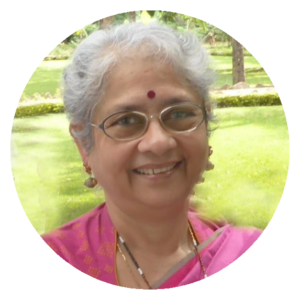
“The Global Code is a good guide for Indian ethics committees and the Health Ministry’s Screening Committee to review Indo-EU collaborative studies.”

“I don’t want researchers to see us as museums who cannot speak for themselves and who don’t expect something in return. As humans, we need support.”
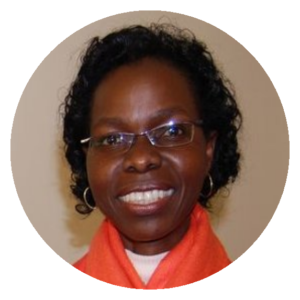
“The four global values of fairness, respect, care and honesty inspire individuals in any context to act ethically.”
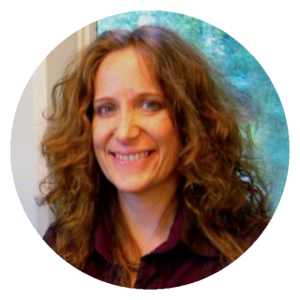
“The emphasis in the Global Code on fairness, respect, care and honesty resonates with our work at UNESCO.”
New Name
On 7th June 2023, at an evening reception in the UNESCO headquarters in Paris, the code received a new name. Instead of Global Code of Conduct for Research in Resource-Poor Settings, the code is now called: The TRUST Code with the optional subtitle A Global Code of Conduct for Equitable Research Partnerships. More information about the UNESCO-hosted reception is available from our sister project, PREPARED.

